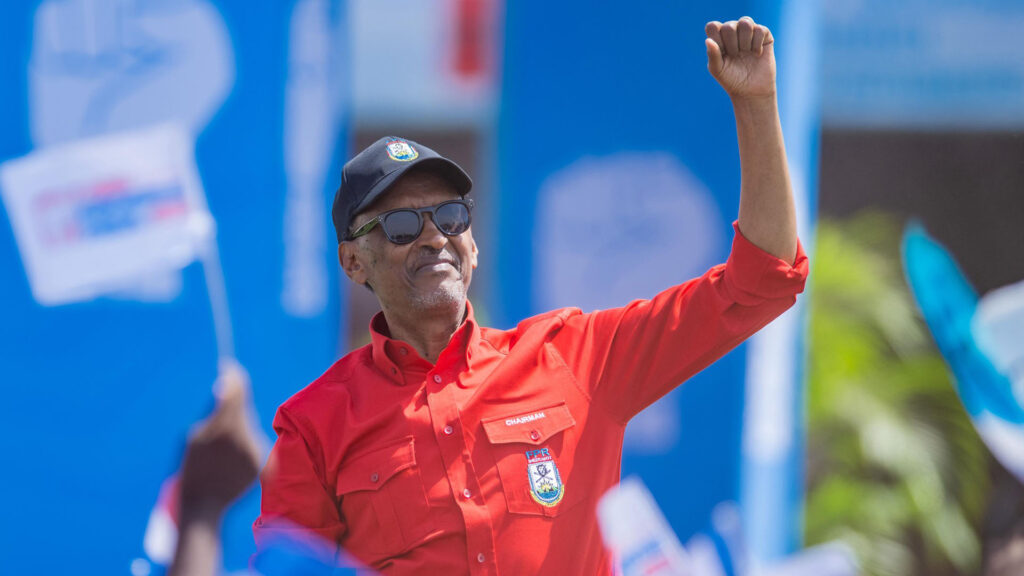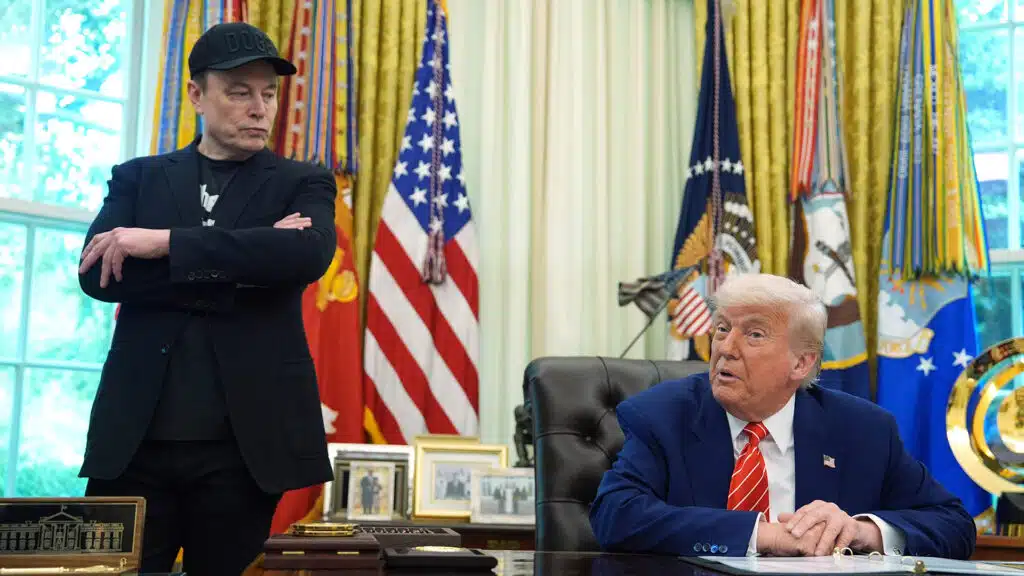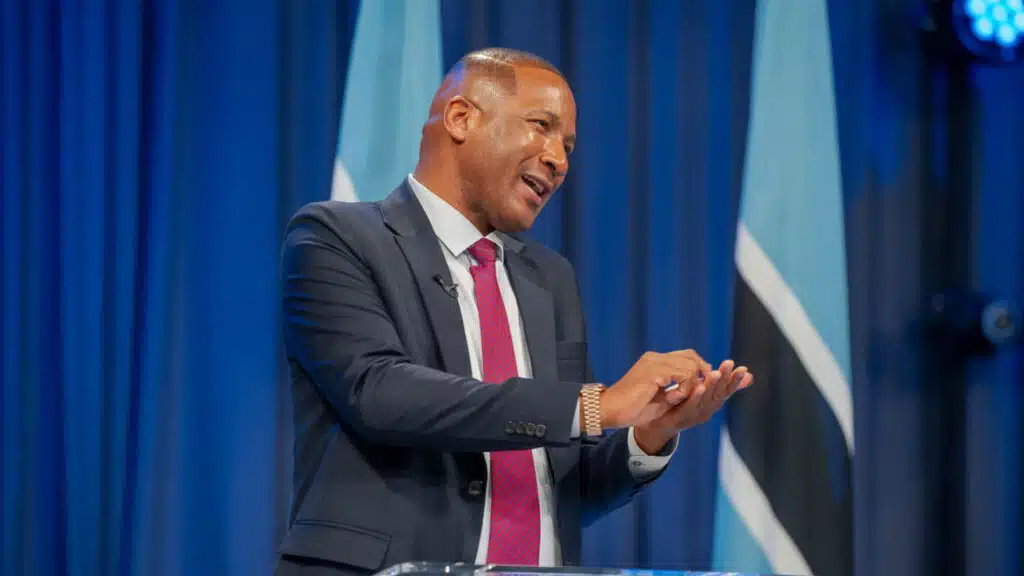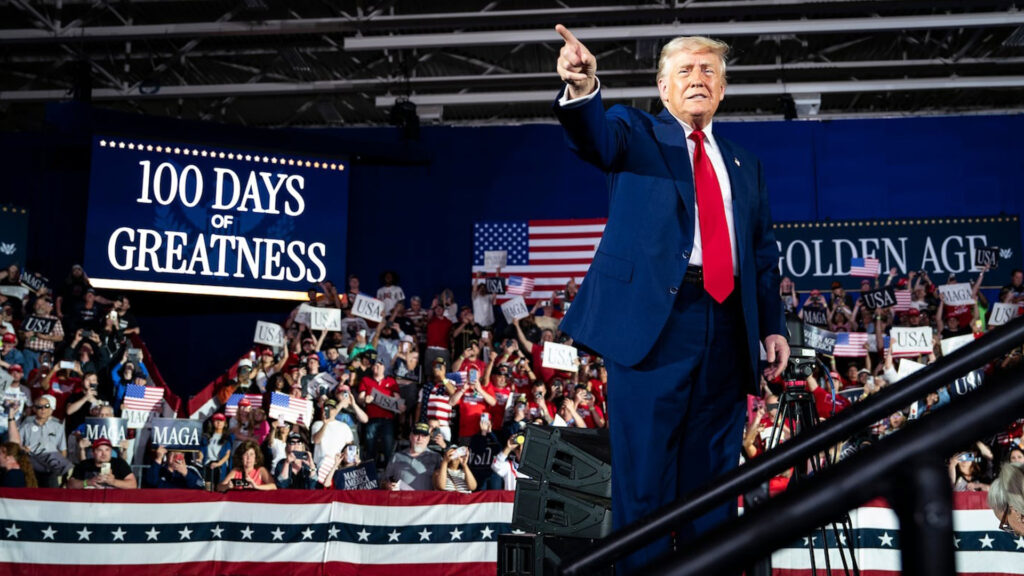Trending: Here are some Business Statistics and Trends to know
KIGALI, RWANDA —In a display of electoral dominance that has become characteristic of Rwandan politics, President Paul Kagame has clinched a resounding victory in the country’s latest presidential election.
Preliminary results released by the National Electoral Commission (NEC) show Kagame securing an overwhelming 99% of the votes counted thus far, mirroring his performance in the 2017 election.
Voter Turnout and Electoral Process
The election saw a significant increase in voter registration, with approximately 9 million out of Rwanda’s 14 million population registered to vote—a 2 million increase from the previous election. This surge in voter participation reflects the country’s growing political engagement and demographic shifts.
NEC Chairwoman Oda Gasinzigwa reported the presence of over 300 international observers and about 700 local observers, underscoring efforts to ensure transparency in the electoral process. However, the lopsided results have raised questions about the competitiveness of the election.
Candidates and Campaign Narratives
President Kagame, who has held power in various capacities since 1994, faced two challengers:
- Frank Habineza of the Democratic Green Party, who secured 0.53% of the vote.
- Independent candidate Philippe Mpayimana, a journalist-turned-politician, who garnered 0.32%.

Both opposition candidates struggled to gain traction against Kagame’s entrenched political machine and narrative of economic progress.
Economic Progress vs. Political Concerns
Kagame’s landslide victory can be attributed to several factors:
- Economic Development: Under Kagame’s leadership, Rwanda has experienced significant economic growth and modernization, particularly in Kigali, the capital city.
- Post-Genocide Stability: Kagame is credited with guiding Rwanda towards internal peace following the 1994 genocide, a factor that continues to resonate with many voters.
- Limited Opposition: Critics argue that Kagame’s governance style has stifled dissent, with several potential candidates, including vocal critics, barred from running.

Industry Insights and Economic Implications
Rwanda’s economy has been one of Africa’s fastest-growing over the past decade, with an average GDP growth rate of 7.2% between 2010 and 2019. Key sectors driving this growth include:
- Services: Tourism and IT services have been significant contributors to Rwanda’s economic transformation.
- Agriculture: Modernization efforts have boosted productivity in this traditionally dominant sector.
- Manufacturing: The government has been pushing for industrialization to diversify the economy.
Kagame’s re-election is likely to ensure policy continuity, which may be viewed positively by international investors and development partners. However, concerns about political freedoms and human rights could potentially impact Rwanda’s international relations and aid flows.
Looking Ahead: Challenges and Opportunities
As Kagame embarks on another term, key challenges include:
- Sustaining Economic Growth: Maintaining the high growth rates in the face of global economic uncertainties.
- Diversification: Reducing reliance on aid and further diversifying the economy.
- Regional Integration: Capitalizing on Rwanda’s position within the East African Community to boost trade and investment.
- Political Inclusivity: Addressing international concerns about political freedoms while maintaining stability.
The overwhelming mandate secured by Kagame provides a platform for continued economic reforms. However, the international community will be watching closely to see how Rwanda balances its economic ambitions with calls for greater political openness.
As Rwanda moves forward under Kagame’s extended leadership, the country’s trajectory will offer valuable insights into the complexities of development in post-conflict societies and the challenges of balancing economic progress with political pluralism in emerging African economies.



